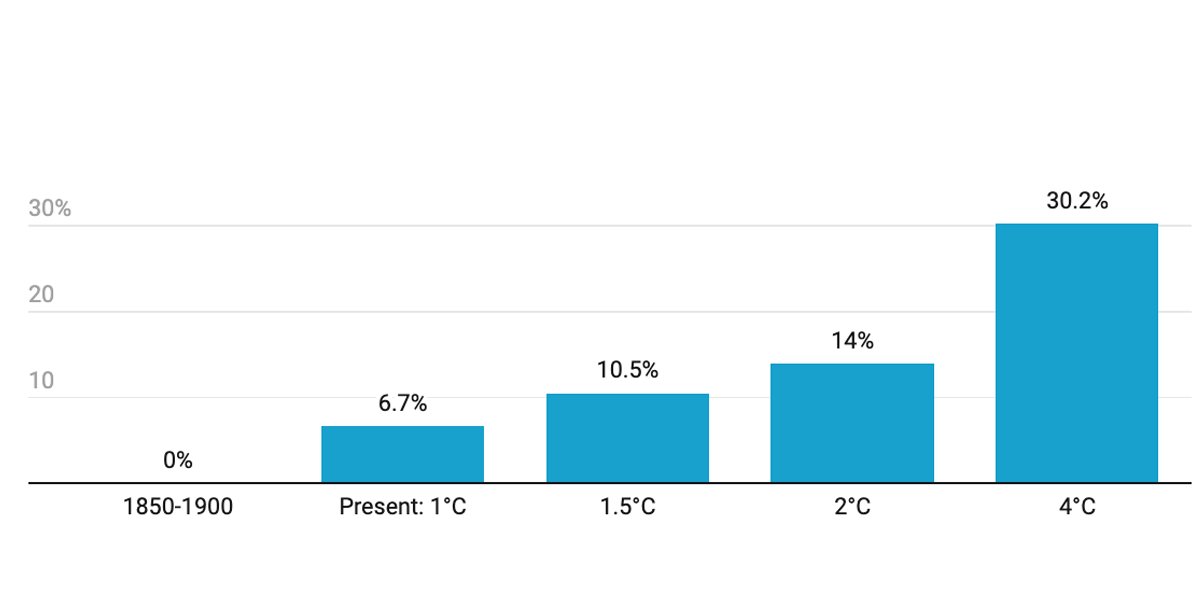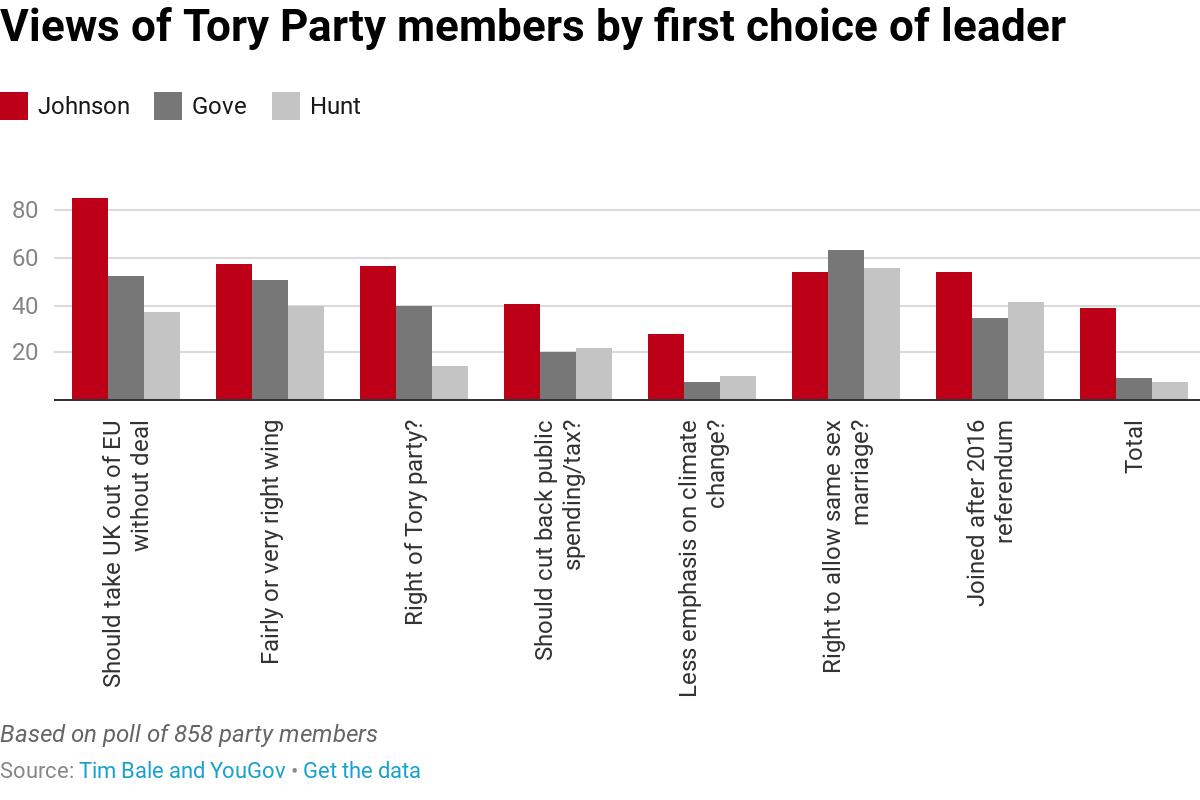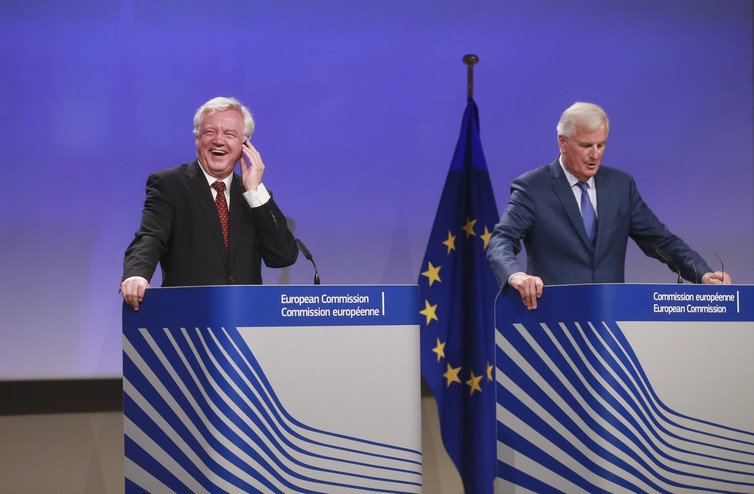
Independent news website. Only publishes articles written by academics and researchers. No paywall, no ads. #weneedexperts
How to get URL link on X (Twitter) App




 Over the last decade, global average sea level has risen at a rate of about 4 millimetres per year.
Over the last decade, global average sea level has risen at a rate of about 4 millimetres per year.
 A number of factors are intensifying the water cycle, but one of the most important is that warming temperatures raise the upper limit on the amount of moisture in the air.
A number of factors are intensifying the water cycle, but one of the most important is that warming temperatures raise the upper limit on the amount of moisture in the air. 


 While only around a quarter of the wider British public support leaving the EU without a #Brexit deal, 85% of Johnson’s supporters within the party are keen on a no-deal departure.
While only around a quarter of the wider British public support leaving the EU without a #Brexit deal, 85% of Johnson’s supporters within the party are keen on a no-deal departure.
 2/ Rights may disappear in several ways. 1st, the suite of Brexit bills promised in 2017 Queen’s Speech will herald what may be …
2/ Rights may disappear in several ways. 1st, the suite of Brexit bills promised in 2017 Queen’s Speech will herald what may be …